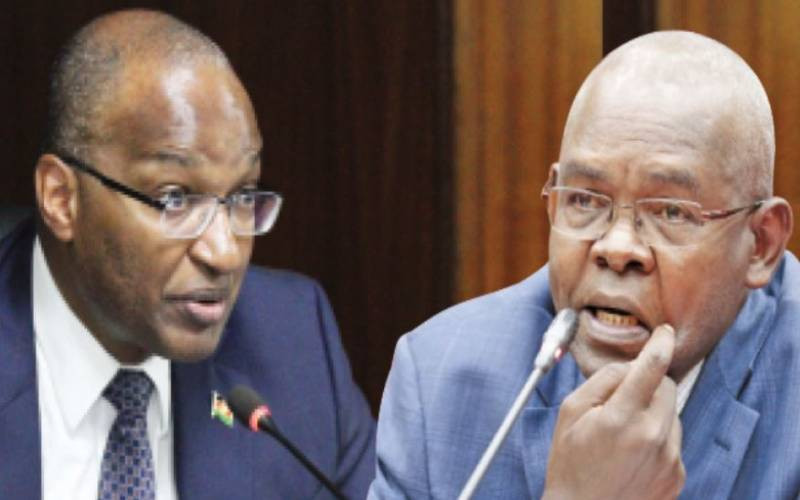×
The Standard e-Paper
Stay Informed, Even Offline

The newly appointed Central Bank of Kenya (CBK) Dr Governor Kamau Thugge has revealed the banking regulator under his predecessor Dr Patrick Njoroge missed worrying and critical signs the surging inflation was not transitory.
In an apparent dig at Dr Njoroge, Dr Thugge said the regulator did not correctly forecast the high, persistent inflation.